 I’ve know a lot of people who, at various times, have felt like they’ve run a game and ‘failed’. Particularly at convention games, where you have the added elements of ambient noise and playing with strangers, it is really easy to run into frustrations and come away feeling discouraged or drained by the experience. Having run games I loved and enjoyed, and also having run games I didn’t enjoy quite so well, here are some tips I’ve compiled through my years of GM’ing.
I’ve know a lot of people who, at various times, have felt like they’ve run a game and ‘failed’. Particularly at convention games, where you have the added elements of ambient noise and playing with strangers, it is really easy to run into frustrations and come away feeling discouraged or drained by the experience. Having run games I loved and enjoyed, and also having run games I didn’t enjoy quite so well, here are some tips I’ve compiled through my years of GM’ing.
Realize that many players who have fun won’t show it — Funny how body language works. I ran a game at North Texas RPG Con a couple of years ago. I had fun, but I didn’t know how some of the players felt about it. About half the people said kind things after the game, but during the game some folks were quiet and went away with me not knowing their thoughts about the game. What did that mean? Did they really have fun? It’s easy to beat yourself up over such questions. I ran into a couple of those players later. One of them said ‘that was the best game of the con!’ Another player said, ‘that was the best game I’ve ever played in!’ From their enthusiasm in this month’s later conversation I could see it was true. One of these two was a quiet person during the game. Don’t worry about quiet players or even those who scowl. Many of them are secretly having the time of their lives!
Come prepared but allow players to improvise — One of the biggest differences I’ve come to find in player engagement is how much they are allowed to go off the rails and improvise. Even with a somewhat railroaded plot, be aware that no story line survives contact with the players, nor should it. Generally, my mantra is to create situations, not solutions. I know the players will need to defeat the big bad evil person and save the kidnapped heir to the throne, but how exactly that happens could be in a number of ways. The more I prep a story, the more I invest in a script of how things should happen, and the more frustrated I will get when players deviate from ‘my story.’ The book ‘The Lazy Dungeonmaster’ (http://slyflourish.com/lazydm/) is probably the best book I’ve ever seen on this — read it and follow its advice on doing low-prep games that encourage player agency.
Distill the adventure to a notecard — Whether a custom-designed adventure I’ve created or a text-heavy 24 page Pathfinder Society scenario, I always boil the game session down to a single 4×6 card. Beyond this I just have some notecards or printouts with NPC and creature stats, plus maybe some handouts and maps. But the ‘story’ is really just what’s on the lone 4×6 card. And I read it over a time or two before the game — generally I find I have that card memorized at that point, and the card is just there to make me feel better if I forget something.
Use rules you’ve mastered — This is probably the biggest issue I’ve seen in breaking GM confidence — choosing a crunchy system where the GM has not mastered the byzantine rules spread across hundreds of pages. If you can’t look in the mirror and say ‘yeah, I’ve know pretty much all the rules’ before you sign up to run a game, then I would stay away from GM’ing that system (at least at a con). Choose something rules light — maybe Risus or Lady Blackbird or Fiasco — and run that instead. Nothing can crash a game’s momentum like having a player ask about a rule then you or the players stopping the game to spend 10+ minutes looking up a rule. And if you DO have to run a game where you’re not comfortable with the rules, then start the game by saying ‘Hey, I’m new to the system. I have the basics down, but if we run into something I’m not sure about, them I’ll make a table-ruling to keep the game going, and we can look up the rule after the game. What I will promise you though is that the game will be fun!’ This approach of setting expectations generally works well, and sates many rules-lawyers.
Have pregens with name tents — I generally like to have 10-12 pregenerated character sheets on hand, each with a pre-printed name tent they can fold. If I get more players than I expected, I’m prepared. One benefit is with more pre-gens than players, players are more likely to have a character they like (and having a character they like increases player engagement). I try to learn each person’t name, but there is so much going on at the table, having a name text which reads ‘Kendric (Human Cleric)’ gives me an easy way to point to that player and say ‘Kendric! The orc lord is threatening to slay the prince — what do you do!’ If a player gets distracted, having that name tent is a great confidence builder to give the GM an opening to engage each and every player even outside their initiative order.
Learn to GM at home games, not con games — If you’re a new GM, a con game can be one of the most challenging places to learn the craft. Home games, where you hopefully have played the game a few times and know the players, feel much more forgiving than a table of total strangers. Once you’ve mastered the game (and this may be as simple as 2-3 home games to get your confidence as a GM), then you’ll have much more confidence to take the game to a con.
Play the adventure in a home group before you run it at a con — If possible, do a ‘beta test’ of the game with a home group before the con. If you run a specific game scenario you like multiple times; after a couple of times running the same game you’ll find you’re very relaxed and confident. No home players to test your game for you? Then try using Google+ Hangout with Roll20. If you use the techniques I’ve listed at http://swshinn.com/rpg-hobby-games/how-to-find-google-rpg-players/ then you generally will have little problem finding players for your one-shot game, which is really just a trial run of the con game.
Play new game systems before you run them — Similar to the above, you may find yourself wanting to run a brand new game at a convention (for example, I ran Star Wars: Edge of the Empire at a con shortly after it came out, before I had a chance to run or play in it in my home group). Even if your home group won’t play it, you can generally find an online group you can join in for a game or two to familiarize yourself with the rules before running it yourself. As a backup — try finding an actual-play podcast or Youtube video for the game to get some actual-play exposure before you run the game for others.
What tips do you have for preparing for con games?
 Evil Hat, the makers of Fate, have a new program to promote the Fate platform. It’s called the Evil Hat Street Team.
Evil Hat, the makers of Fate, have a new program to promote the Fate platform. It’s called the Evil Hat Street Team.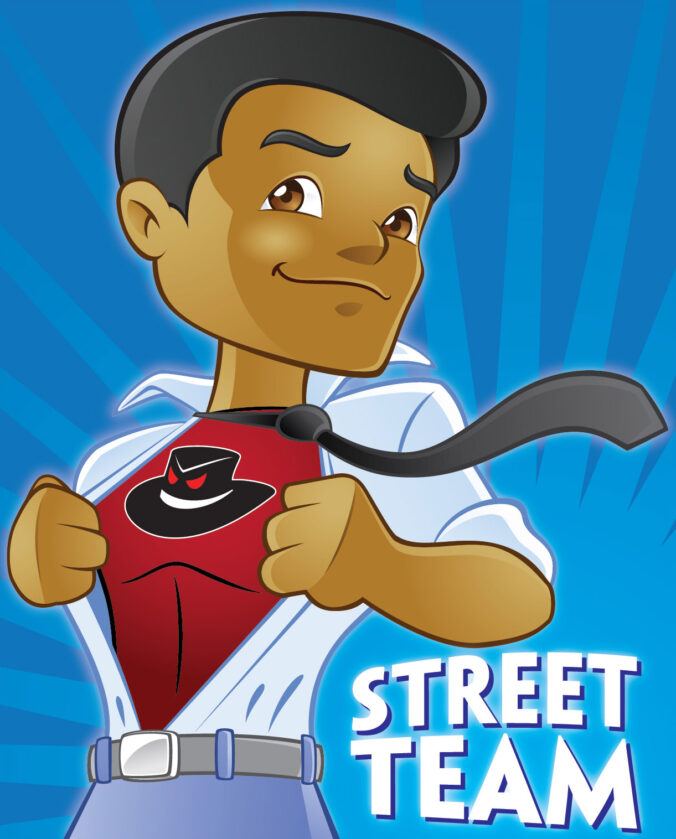



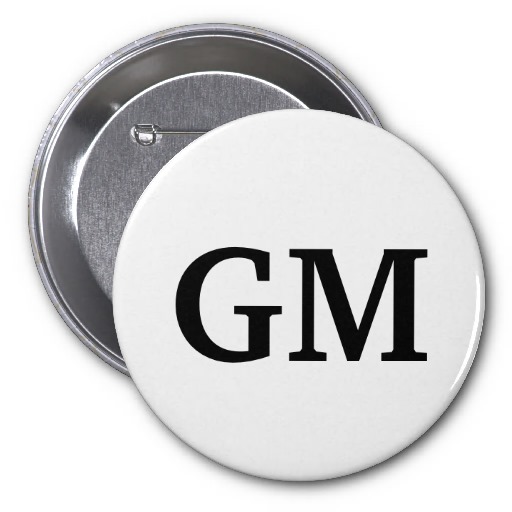

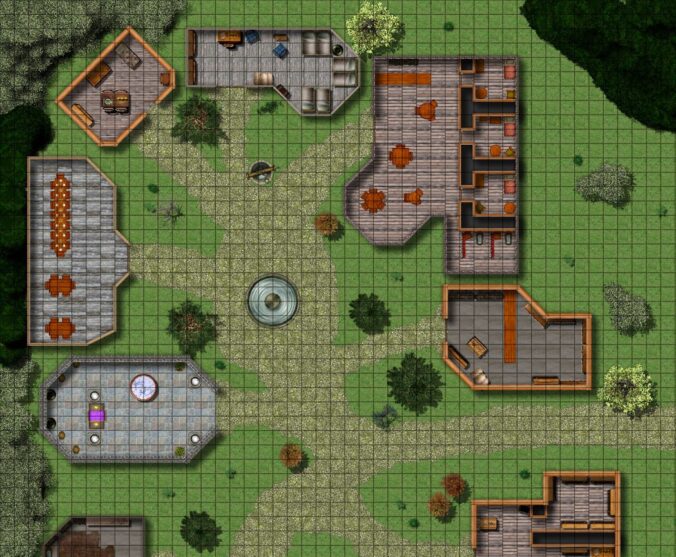



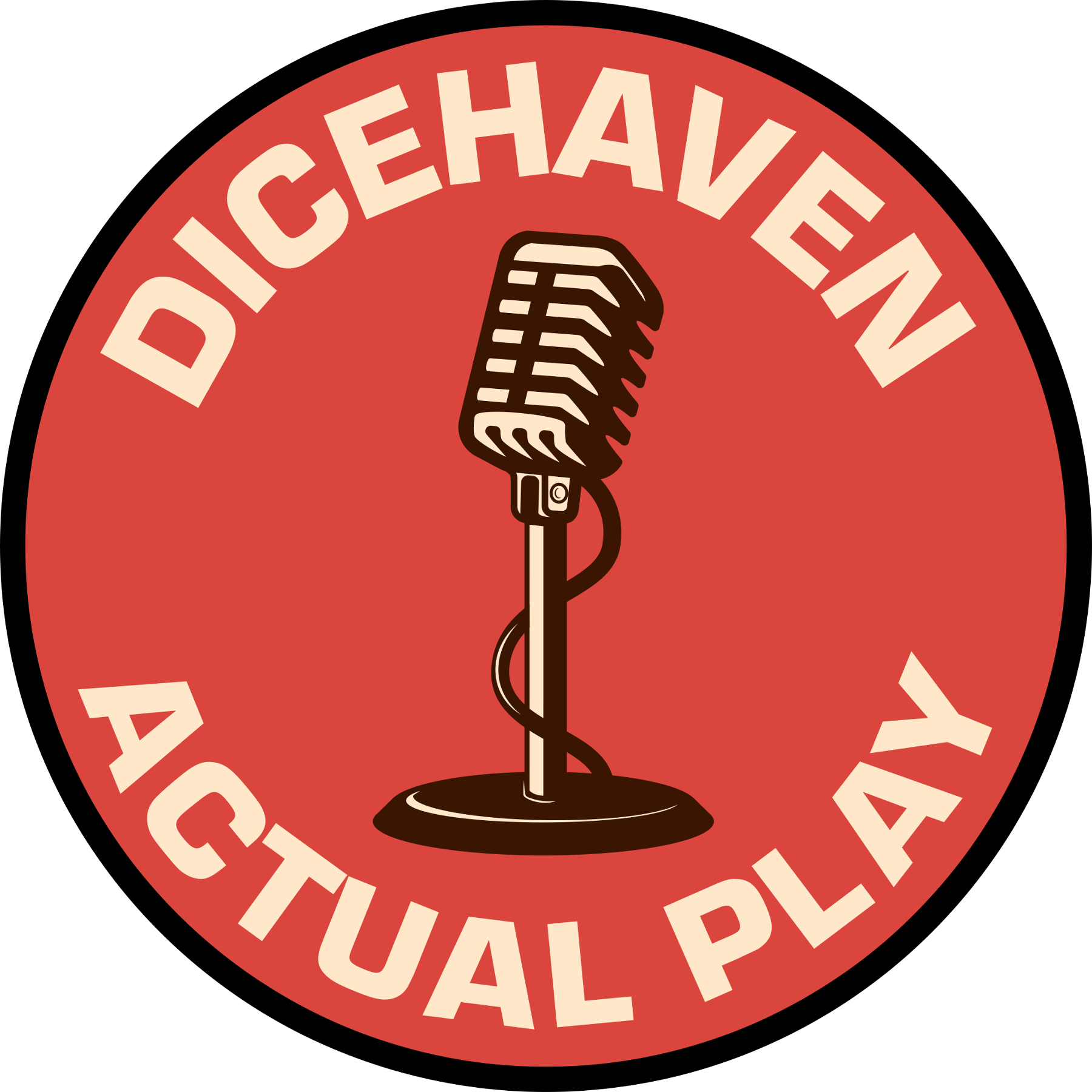
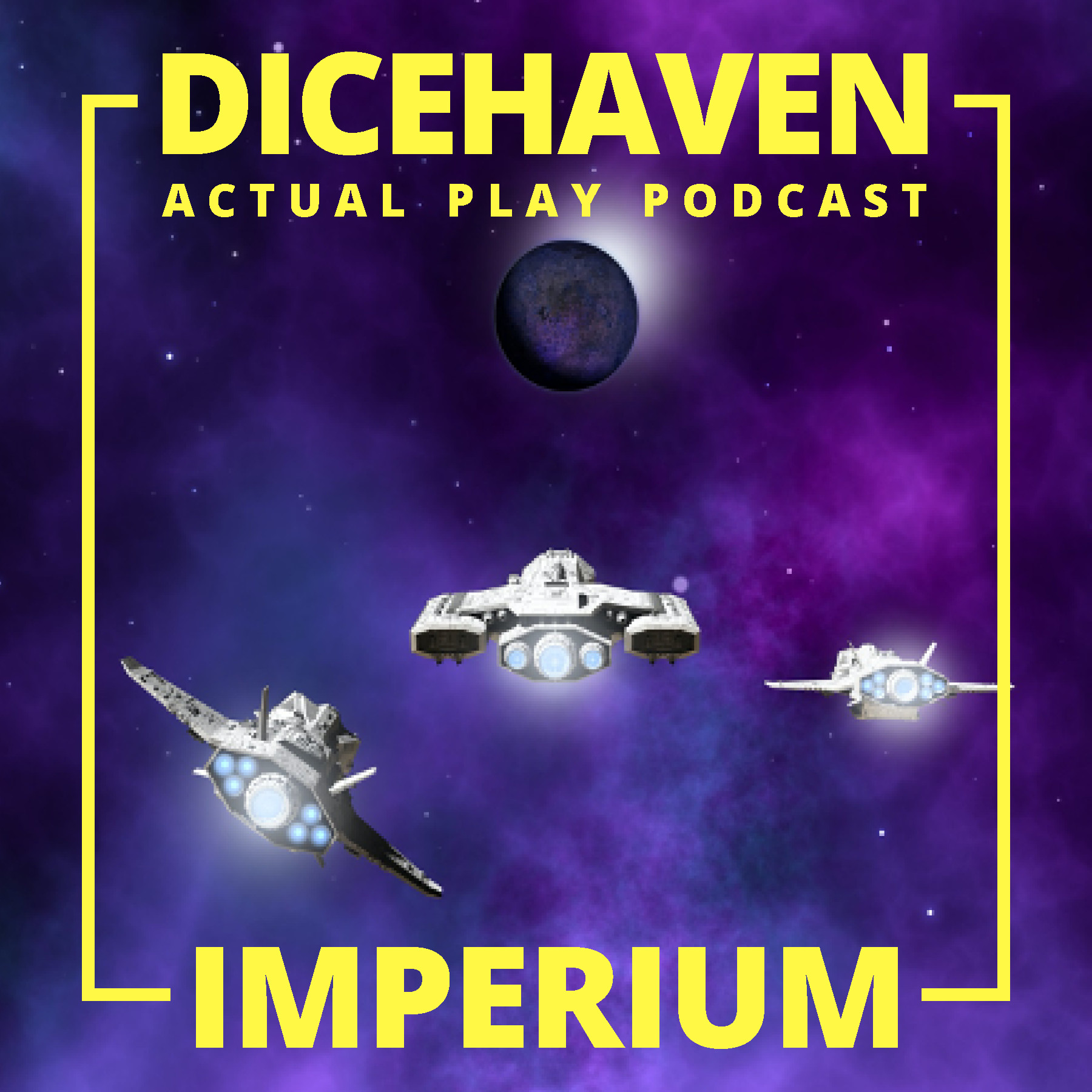
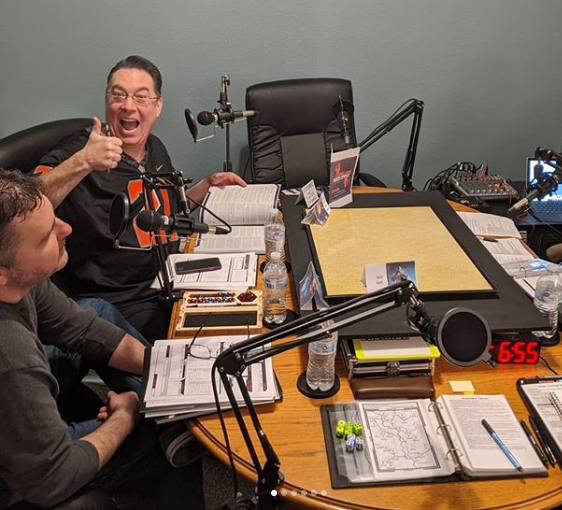
Recent Comments